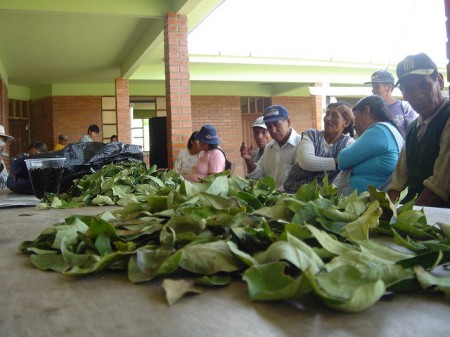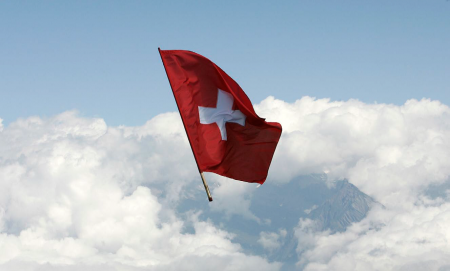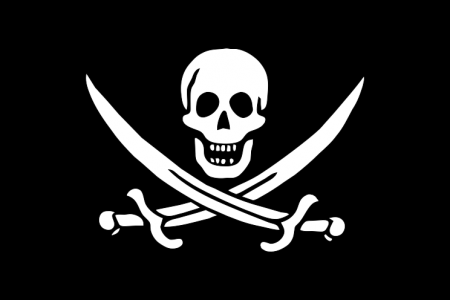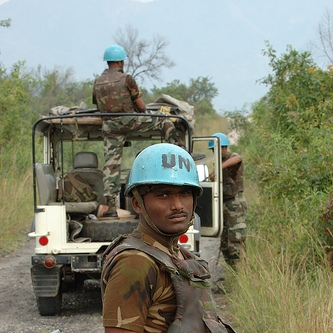
Demonstrations and public acts, led by both coca growers and traders, took place on Monday, March 12, 2012, in many cities in Bolivia demanding the international depenalisation of the coca leaf.
Local media informed [es] that 40 thousand people were due to join “coca-chewing day” [referred to in Bolivia as acullicu orpijcheo].
These public events are part of the Bolivian government’s international strategy for depenalising the coca leaf, and took place at the same time that President Evo Morales, himself a former coca grower and union leader, was addressing the Commission on Narcotic Drugs at the United Nations Office on Drugs and Crime (UNODC) in Vienna, Austria three years after his last visit.




